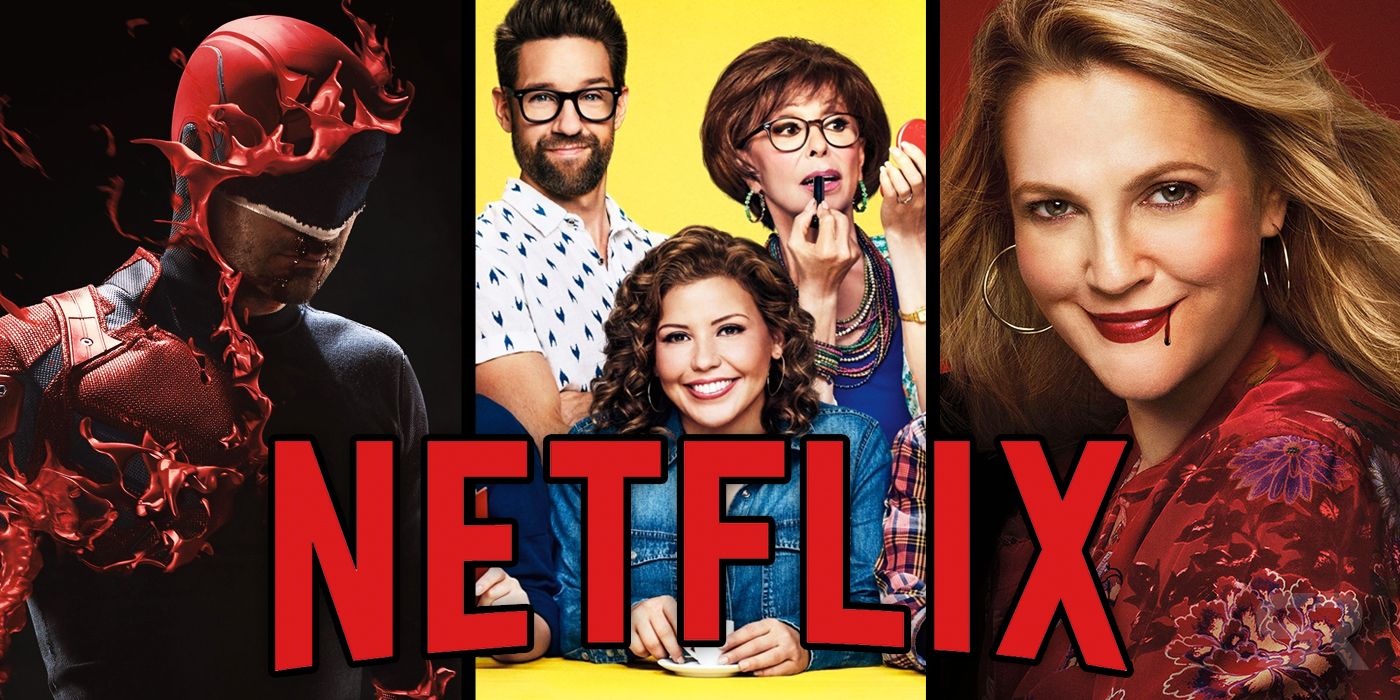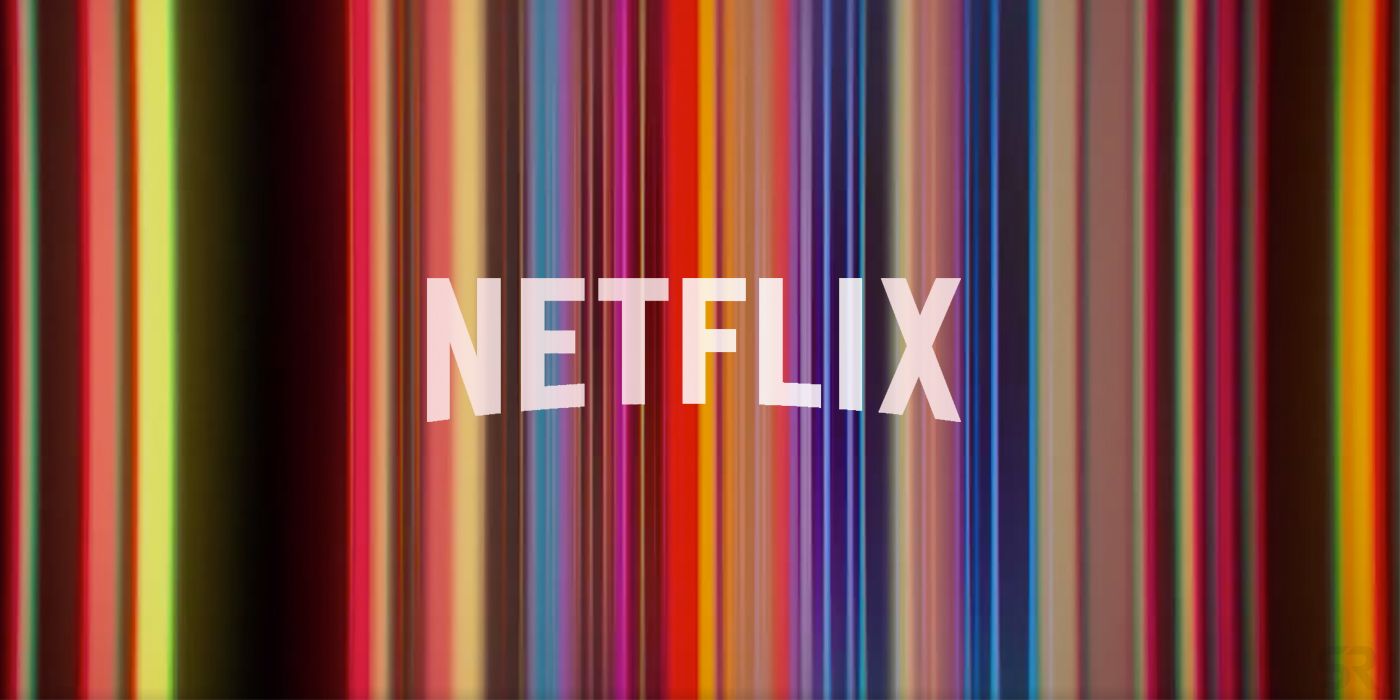Netflix continues to change how people consume television shows, even after a series has been canceled. While a series' value used to be partially determined by longevity, with six seasons being considered the gold standard in order to ensure the possibility of syndication, Netflix has changed the rules and often cancels shows after the second or third season if it isn't delivering the desired results.
Netflix has canceled all Marvel shows after 2-3 seasons including Daredevil, Jessica Jones, Iron Fist, Luke Cage and The Punisher. Other cancellations include Friends From College, American Vandal, Love, Bloodline, Hemlock Grove, The Good Cop, Santa Clarita Diet, Travelers and One Day at a Time. There is a movement of dedicated fans of One Day a Time - including Lin-Manuel Miranda, Melissa Fumero and Stephanie Beatriz from Brooklyn Nine-Nine, Busy Philipps and Queer Eye star Karamo Brown - who desperately want to save the reboot show featuring a Latinx family. In fact, the legendary EGOT star Rita Moreno, who plays Lydia the dramatic Cuban abuelita on the series, wrote a guest column with Norman Lear begging for Netflix to save the show, but so far it hasn't been saved.
How is it is decided which shows will be kept and which ones will be canceled is a bit of a mystery. Netflix's strategy is bigger than any one TV show, so there's both multiple reasons and bigger algorithm considerations whenever a much-feared cancellation happens. They're driven by subscribers and viewer retention, which translates over into hours of content watched. And while more seasons means more episodes to be consumed, longer-running shows had a reduced viewership. The mysterious Netflix algorithm shows that a constant stream of new releases - such as recent breakouts like Sex Education and The Umbrella Academy - better suits their goal, meaning keeping shows running isn't always essential.
Additionally, there's cost. Producing shows is expensive and contracts are typically pricier after a few seasons. Sometimes millions of dollars are paid in bonuses for especially successful shows, an outlay that doesn't add up for some shows that just aren't performing as well as they could be. Indeed, the way Netflix pays for shows in advance is antithetical to the previous method when studios could get a windfall from syndication rights and international sales for a successful show. This makes a longer running series less important than it had been in the past.
This can leave fans frustrated when a show they love is canceled after a few seasons, especially since Netflix refuses to discuss ratings to give a sense of popularity. However, viewers are typically not angry enough to leave the streaming platform because there is always something new to watch on Netflix, proving the company's point.
Not only does Netflix's refusal to reveal viewing figures make understanding their stance more difficult, it's also unclear what it would take to save a show. Since Netflix mainly cares about bringing in new subscribers and keeping them, do fans need to leave Netflix in droves to protest a single show's cancellation? Perhaps Netflix would consider saving a show if it gets Emmy or Golden Globe nominations. It's unclear what success would look like for the Netflix team that will keep their subscribers happy and give a beloved show a second chance.


